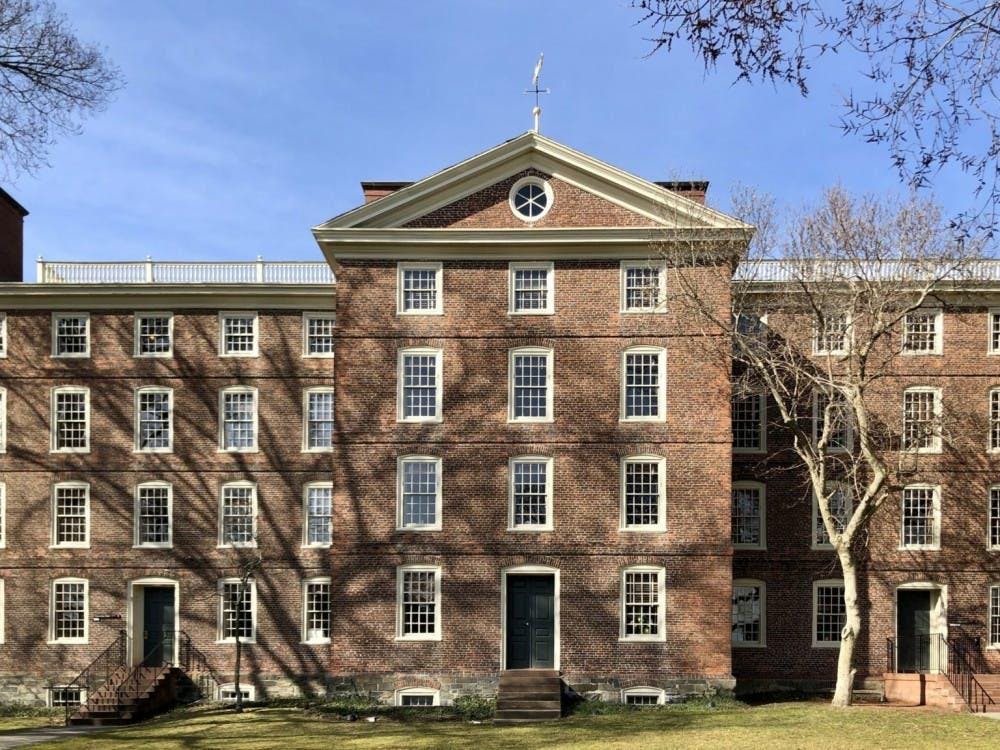A Brown advisory committee has less than three weeks to issue a recommendation on divestment to be voted on in October.
At the first of two open forums on Tuesday, University community members weighed in.
The forum, held by the Advisory Committee on University Resource Management, follows hearings from both pro- and anti-divestment students this past week. A second public forum will be held on Wednesday.
Undergraduates, graduate students, faculty and alumni were all present at today’s session. Pro-divestment supporters took up a noticeable majority.
The public forum was the latest glimpse into campus opinion on divestment from companies with Israeli military ties, a hotly contested issue that remains popular among students but deterred top donors and even a Corporation member from the University.
During the forum, pro-divestment attendees pointed to “the material reality in Gaza,” calling the anti-divestment proposal presented yesterday “racist and dehumanizing.” Anti-divestment community members discussed feeling “unwelcome” and how divestment is “creating divisiveness” on campus.
Committee Chair James Kellner was ACURM’s sole spokesperson, responding to questions when explicitly asked and thanking participants for their contributions.
Kellner continuously reiterated ACURM’s specific question: “Does the investment of Brown University resources in any of the 10 companies identified in the (divestment) proposal before us contribute to social harm?” he said.
ACURM’s recommendation to President Christina Paxson P’19 P’MD’20 is due Sept. 30. That recommendation will be taken to the Brown Corporation, the University’s highest governing body, for a vote in October.
For ACURM to issue a favorable recommendation, the majority of its members must determine that divestment would positively impact a social harm issue or that a Brown investment contributes to a “social harm so grave that it would be inconsistent with the goals and principles of the university,” per the committee’s charge.
Participants pushed for a clearer framework on how ACURM plans to define and weigh different forms of social harm.
One attendee referenced an International Court of Justice’s ruling in July which found Israel responsible for apartheid. Kellner declined to comment.
“The committee’s job is not to decide whether apartheid is is a social harm,” he said. “We have no list of things that we say are social harms. We have no set of things that we say count more than” others.
“We also have to consider other aspects of the University’s ability to do its job as an institution. That means the ability to facilitate teaching, learning and research, the ability of the university to meet its financial obligations with money,” he added.
ACURM will issue its recommendation on divestment to President Christina Paxson P’19 P’MD’20 by Sept. 30.
Elena Jiang is a University News Editor from Shanghai, China concentrating in English Nonfiction and International & Public Affairs.





